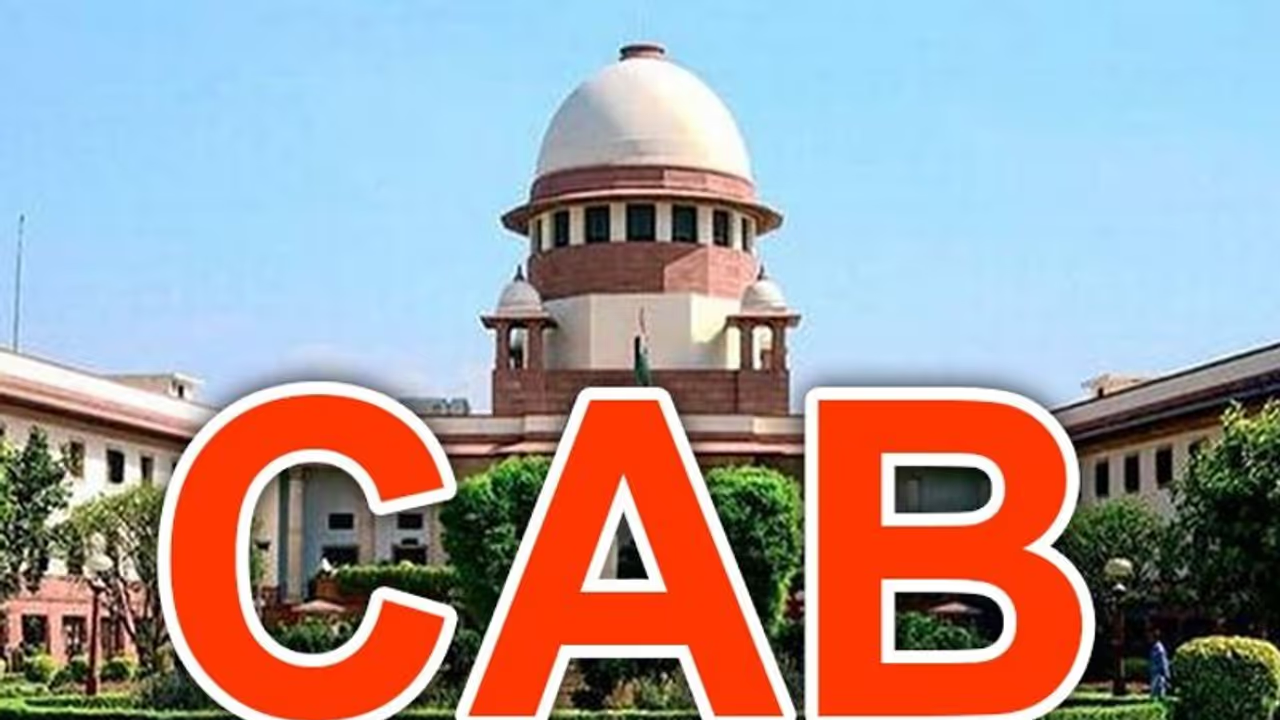When intellectuals, liberals and other intelligentsia approach the top court over CAB, the top court will test their grouses under articles 14, 15 and 21 (as many feel these articles are being flouted). But legal eagles like Harish Salve feel that there are fallacies in the arguments being put forth and the bill will easily pass legal scrutiny.
Bengaluru: It’s a historic day (December 11) in Indian history as the Citizenship Amendment Bill (CAB) was passed by the Rajya Sabha 125 – 105.
This comes 2 days after the lower house passed it 311 - 80.
Now, it is anybody’s guess that the so-called intellectuals or the liberals will approach the Supreme Court, screaming at the top of their voices.
But how will it play out at the top court?
In all likelihood, the top court will not strike down the bill (as it becomes a law) because there is nothing in contravention to the constitution.
The articles which are being quoted are articles 14, 15 and 21.
Let’s examine each of them.
Legal eagles like Harish Salve feel that the objective of the bill is to protect the minorities in countries which have officially declared Islam as the state religion. So these minorities will be naturalised, which in any way, doesn’t mean that people of other religions will not be granted access to Indian citizenship. Ergo, the violation of article 14 doesn’t appear at all.
As regards articles 15 and 21, they can apply to people after they become citizens of India. So there is no question that the CAB can be faulted under these articles.
But on the other hand, there might be questions raised on the persecution faced by Shias and Ahmadiyas. But as they are in a country that follows Islam as the state religion, there is no way they can be considered persecuted in a religious manner in their own country.
There are others who feel that Sri Lankan Tamils too need to be considered. But it is to be noted that they are not being persecuted religiously and the current CAB deals with only religious persecution.
In the days to come, an inordinate legal argy-bargy is set to unfold itself. But the top court will understand the sum and substance of the bill and not pander to fearmongering.
